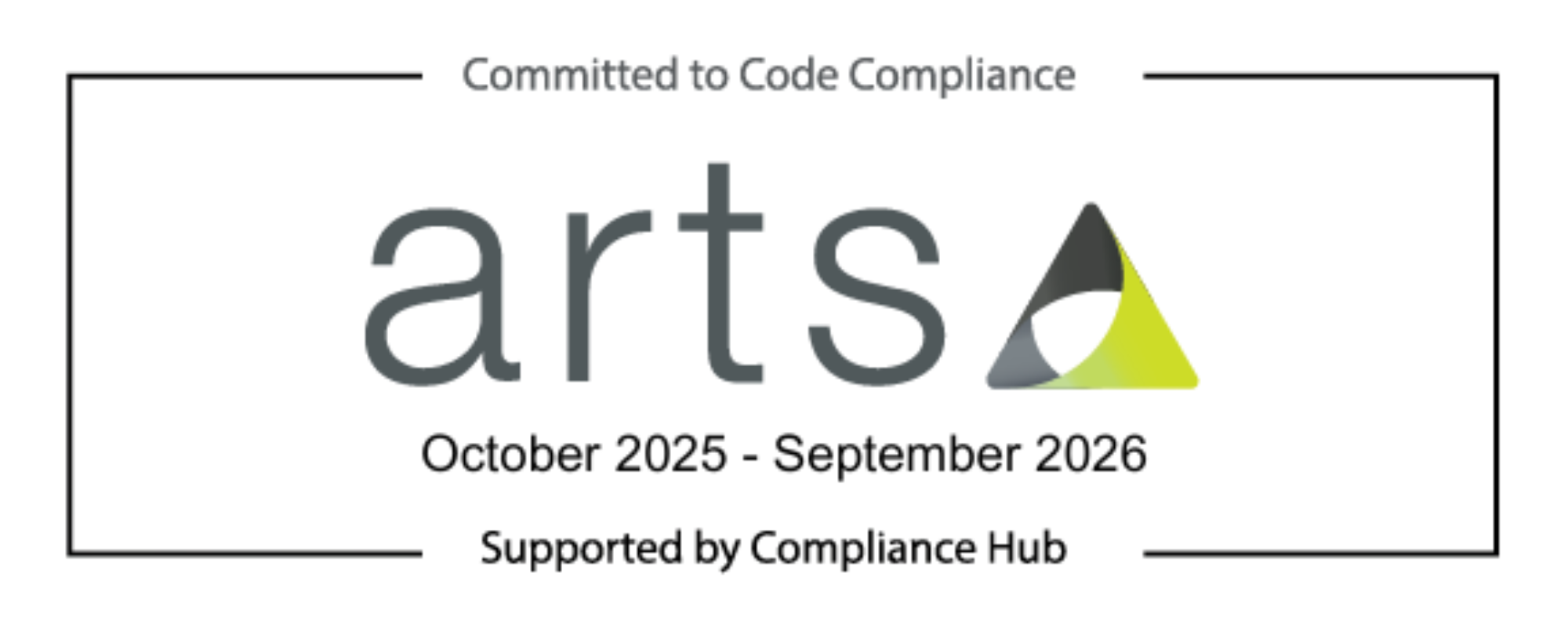An interview with Dr. Andrew Lowey
)
We caught up with Dr Andrew Lowey, Lead Clinician - Clinical Pharmacy & Preparative Services
Trust Headquarters, Medicines Management & Pharmacy Services, Leeds Teaching Hospitals NHS Trust
What is the biggest challenge hospital Pharmacy is facing at the moment?
COVID 19 has presented challenges but also massive opportunities to look again at how we do our jobs. In recent days, I've seen brilliant responses to urgent requests for a wide range of pharmacy services. The pace of change itself has been the biggest challenge as we seek to respond to large scale decisions that impact on medicines procurement, supply and use. This has been combined with the requirement to consume a huge amount of new information - both clinical and non-clinical. I'm so proud to say that the whole department (and the whole NHS!) has responded superbly with a fantastic 'can-do' attitude that shows us what is really possible when there is a will to achieve something as a team.
Have staff had to retrain to deliver the required service ' what have been the main hurdles in doing this?
Yes we have had to move staff around a number of areas - more staff into logistics roles, more staff helping to produce critical IV medicines and a large number of pharmacy staff receiving fast-track training in critical care. Due to the fantastic attitude shown by all the staff, I can't say we've had any significant hurdles. In some cases, we had too many volunteers and we had to stand people down - so dealing with their disappointment has been a small issue. Other than that, I feel for the staff who are in important parts of their training schemes and we are still working through all the implications of the big changes made. We've also delivered rapid inductions for staff who have returned from retirement and for volunteers that included staff partners and (adult) children. An amazing response.
How have your team adapted to cope with COVID-19
There has been a very rapid move to remote clinical systems and meetings. We are lucky to have a comprehensive electronic prescribing system which has allowed remote clinical practice in the vast majority of areas. We have approved new remote systems for activities like the prescribing and validation of parenteral nutrition and chemotherapy; this appears to have been very successful so far. We also took this opportunity to review and stop some traditional activities where we felt that there was little value being added e.g. senior pharmacist review of low-risk, standard homecare prescriptions
Have you experienced a change in attitudes towards innovation and collaboration?
We've always worked very well as a team but the goodwill has been incredible. People are so keen to 'do their bit' and I'm so proud of everyone I work with. It feels like anything is possible and we need to find a way to continue to harness this over the next few weeks. The networks that we've created and fostered will endure and lead to further innovation even when the crisis hopefully abates a little. On a wider scale, I've shared information with colleagues in France and Spain as well as around the UK. We've received huge thanks for sharing our approaches in a number of areas and of course we've taken the opportunity to steal ideas from others!
What are you doing to support your teams mental health?
The best support has been informal; everyone is actively 'checking in' with each other on a regular basis. Some have used the 'wobble room' approach, some have accessed more formal support from the Trust and its employee assistance program and team of psychologists. I think we have to keep working on this though - I'm concerned that we need to support those who are shielding at home and suffering from isolation, as well as the more obvious need to support staff members who have been closer to the acute care of patients and the strain this has brought.
What success story are you most proud of from your pharmacy peers?
I was privileged to be involved with the team behind the Nightingale Hospitals for Yorkshire & Humber at Harrogate. Colleagues from across the region have pulled this together in 18 days from scratch; it is the most incredible achievement I have seen in my career, by a distance. My colleagues in our Production Unit worked 7 days a week including the Easter holidays in order to help the hospital achieve a state of readiness and there was a small Pharmacy team onsite pulling together all the governance structures and standard stock lists. But in terms of pharmacy peers across the NHS, I must say a special word about medical gas testers up and down the country - my team worked beyond midnight on a number of occasions to make sure that both our normal hospital customers and the new Nightingale site were safe and ready to open. They worked with colleagues from other Trusts to do this, sharing equipment and staff - and I know this has been reproduced across the country. Medical gas testers, and the engineers they work with, are the unsung heroes of this crisis, in my view.
What's been the biggest change you've seen to your working day?
Apart from the commute, you mean! The most obvious difference is the use of remote meetings. I had concerns about how the dynamic would work but we've found a whole new meeting etiquette (everyone on mute until you are asked to speak - put your camera on to show you want to speak) and it's been very effective in a 'command and control' type response, especially early on. That said, the temporary removal of some standing meetings in the acute phase has helped me spend more time talking with colleagues and I need to find a way to keep this going in the 'new normal'. I can't praise the team I work with highly enough - there has been an incredible collective response with no friction and no barriers.
Are there any acts of kindness that stand out or suppliers you would like to give any special mention to?
We've been lucky to receive kind offers from a few suppliers and we appreciate them all, no matter how small. I had a small 'moment' when I rang Morrisons to arrange for a box of essential groceries to come via a hospital-based scheme here in Leeds. I thanked the call handler sincerely and he asked me how I was doing and thanked me for my efforts. I had a small face wobble before quickly recovering my British-ness and stiff upper lip.
One professional offer that stands out was that of the use of an IV repeater pump on loan from our colleagues at Baxter, to help us draw up syringes of critical medicines for our ICU nurses. Maybe I can also be cheeky and also say a public thank you to our own Dispensary Support Unit who responded so fabulously to a very urgent request for several 'critical medicines transport packs' for use on the ambulances serving the Nightingale Hospital in Harrogate.
Genuinely, I have been overwhelmed by the whole response and this has been the most challenging but most rewarding time of my career. We work with the best of the best.

 North
North

